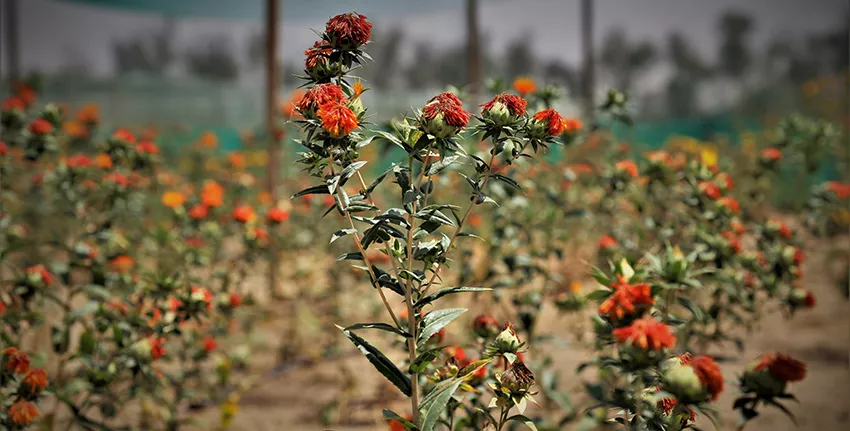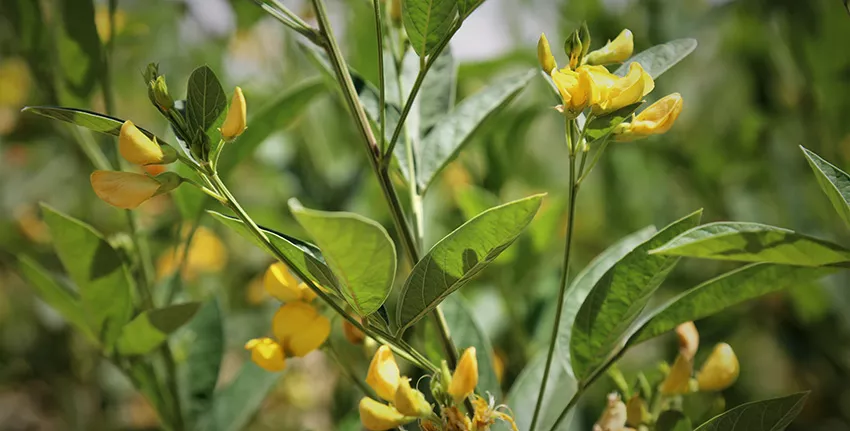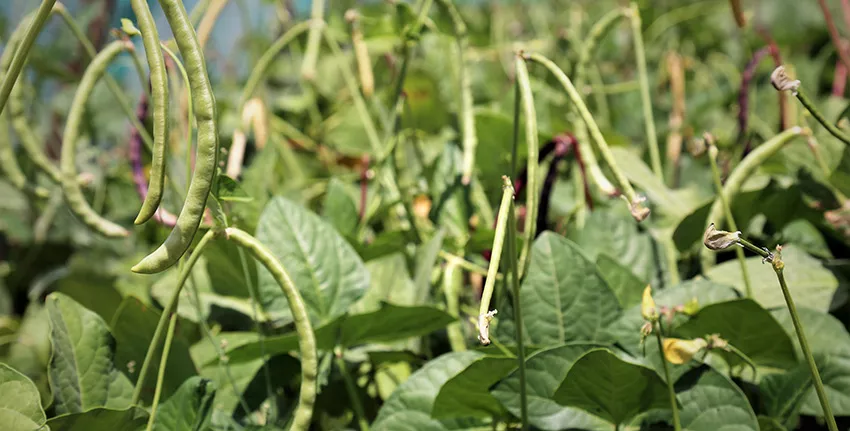Study shows how municipal waste can be turned into soil conditioner in UAE
11 June 2017
Globally millions of tonnes of waste is generated every day and most of it ends up in the landfills or dumping sites, thus threatening the environment and life on earth. Recycling this waste for agricultural production would mean hitting many targets with one shot as the process not only improves soil health that leads to higher agricultural productivity, but also protects the environment from pollution.
According to the World Bank, the amount of urban waste being produced is growing faster than the rate of urbanization and it is forecasted that by 2025 each person living in cities worldwide will be producing an average of 1.42 kg of municipal solid waste (MSW) per day. With this projection by 2025 the annual worldwide urban waste will reach 2.2 billion tonnes per year.
Another report indicates that majority of the Gulf Cooperation Council (GCC) countries are ranked in the top ten worldwide in terms of waste production per capita. Approximately 120 million tonnes of waste is currently produced in the GCC countries, 55 percent of this waste is estimated to be construction and demolition waste, 20 percent municipal waste, 18 percent industrial waste, and 7 percent hazardous waste.
In the United Arab Emirates (UAE) alone, the amount of solid waste generated annually is over 4.892 million tonnes, with a daily average of 4,118 tonnes in Al-Ain and 2,349 tonnes in the western region. The per capita MSW generation rate in the UAE ranges from 1.76 to 2.3 kg per day. According to the Centre of Waste Management, Abu Dhabi, annual waste production in the the Emirate of Abu Dhabi is estimated at more than 6 million tonnes (16,500 tonnes a day).
Sandy soils in semi-arid and arid regions, such as most of the countries in the Middle East and North Africa region are mainly infertile due to lack of organic matter and clay content. Under such conditions, the high temperature in general, scanty and infrequent rainfall makes agriculture difficult.
The sandy soils are highly porous with no structure resulting in the loss of nutrients and water through leaching to soil layers inaccessible to plant roots. In order to improve soil tilth (meaning the physical condition of soil, especially in relation to its suitability for planting or growing a crop) and its functions as a plant-supporting medium, an additional organic matter would appear essential. Organic matter can be obtained either by growing plants in-situ or bringing in organic matter from external sources. In-situ generation of biomass to serve as a source of organic matter is hardly possible in arid countries like the UAE as the soils do not support plant growth and biomass generation effectively.
Therefore, an alternative source of organic matter could be city waste including sewage sludge (solids separated during the treatment of municipal wastewater) and biomass resulting from green landscapes and other sources. Sewage sludge could certainly be a valuable soil conditioner and a soil health enhancer in the UAE and is readily available in sufficient quantities in all municipalities of the country.
The sewage sludge is valuable due to high organic matter and nutrients and can be used as a soil conditioner to improve physical, chemical, and biological properties of soil. In addition, nutrient availability in highly alkaline soils is a major constraint to crop production. The sewage sludge not only improves soil fertility but also alters the nutrient availability through improving soil structure.
Although it is considered a valuable resource, there is a concern about the presence of heavy metals in sewage sludge, which could harm the soils and crops. To overcome this issue, there is a need to have a treated sewage sludge, which is free from heavy metals.
Towards this, a recent study under the project ‘Municipal waste compost in UAE: Importance, feasibility and use’ by a group of scientists from the International Center for Biosaline Agriculture (ICBA) suggests that co-composting of sewage sludge with green waste significantly dilutes heavy metals and improves nutritional quality of the final product called ‘co-compost sludge’. This process ultimately produces an organic rich soil conditioner, helps to mitigate climate change, protects the environment and doubles biomass production of leguminous crops such as cowpea, pigeon pea, lablab and sesbania.
At the ICBA station in Dubai, the scientists are conducting a long-term research program to assess the use of sewage sludge and co-compost sludge as a soil conditioner and a resource for agricultural intensification. In order to support such experimentation, laboratory incubation studies have been conducted which have provided information for experimental planning.
The UAE has set a zero waste to landfill goal by 2020. With an ever-increasing population and massive economic development projects under way, an important challenge facing the country is managing the steady increase of biosolids requiring safe disposal. The potential value of sewage sludge as a soil conditioner and a source of important plant nutrients has further increased the interest in turning waste into alternative forms of energy to reduce the carbon footprint.













